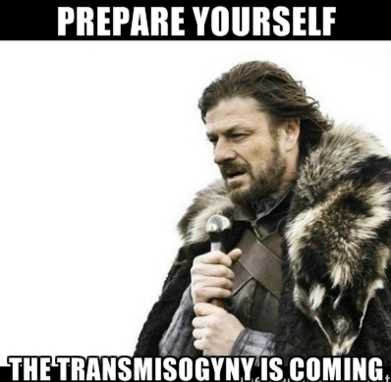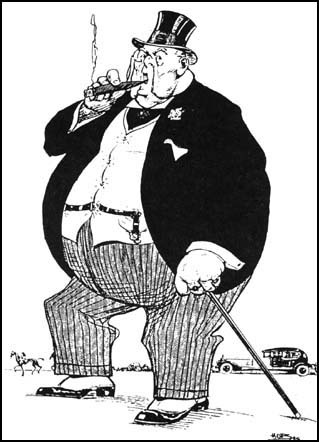Both A Mother And A Whore

The illusion of “common sense” and its alleged empirical certainties is one of the the most steadfast means by which we collectively propagate whore stigma. As a recent example, critics lampoon Imtiaz Ali’s short film, Indian Tomorrow, for portraying an economically savvy sex worker. “Prostitutes who rattle off sensex [India’s stock market] figures during sex,” proclaims one critic, “exist only in the world of fantasy art.”
Tacitly deferring to “common sense” as a barometer of a sex workers’ intellect is not only deeply paternalistic, but it also acts as a censor for the kinds of stories we tell as a society. Surprising no sex worker rights advocate, it seems like the only acceptable cultural depictions of sex workers are those that fall in-line with the “common sense” stereotype of harlots as intellectually inferior. Art allows us to envision a better world. If artists are deterred from producing nuanced depictions of sex workers as agents of their own lives, even if these depictions are utopic fantasies, our culture will likewise be deterred from envisioning better circumstances for sex workers.
But this cultural imperative to tell one dimensional stories is limited to the stories of marginalized people like sex workers. Stories that transcend the simplistic theme of victimization are critiqued as dangerous and sexist. This is in spite of Standpoint Feminists themselves claiming that the moral obligation of any society is to tell more stories, not fewer.
 As a trans woman doing full-service sex work, I’ve found that my work provides sharp and unrelenting insight into how men sexualize and fetishize trans women. This phenomenon isn’t unique to trans women in sex work, of course. But these attitudes define my experience of the industry in profoundly different ways to those of non-trans women in the industry.
As a trans woman doing full-service sex work, I’ve found that my work provides sharp and unrelenting insight into how men sexualize and fetishize trans women. This phenomenon isn’t unique to trans women in sex work, of course. But these attitudes define my experience of the industry in profoundly different ways to those of non-trans women in the industry.

